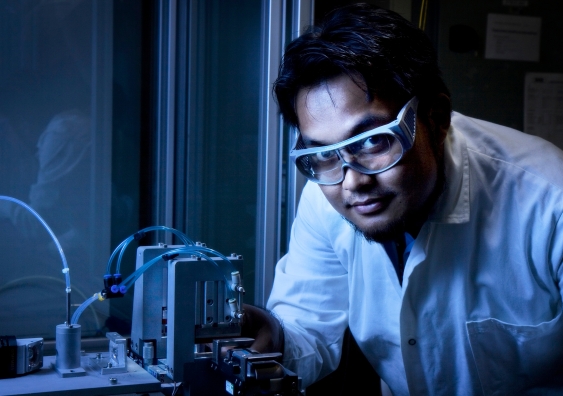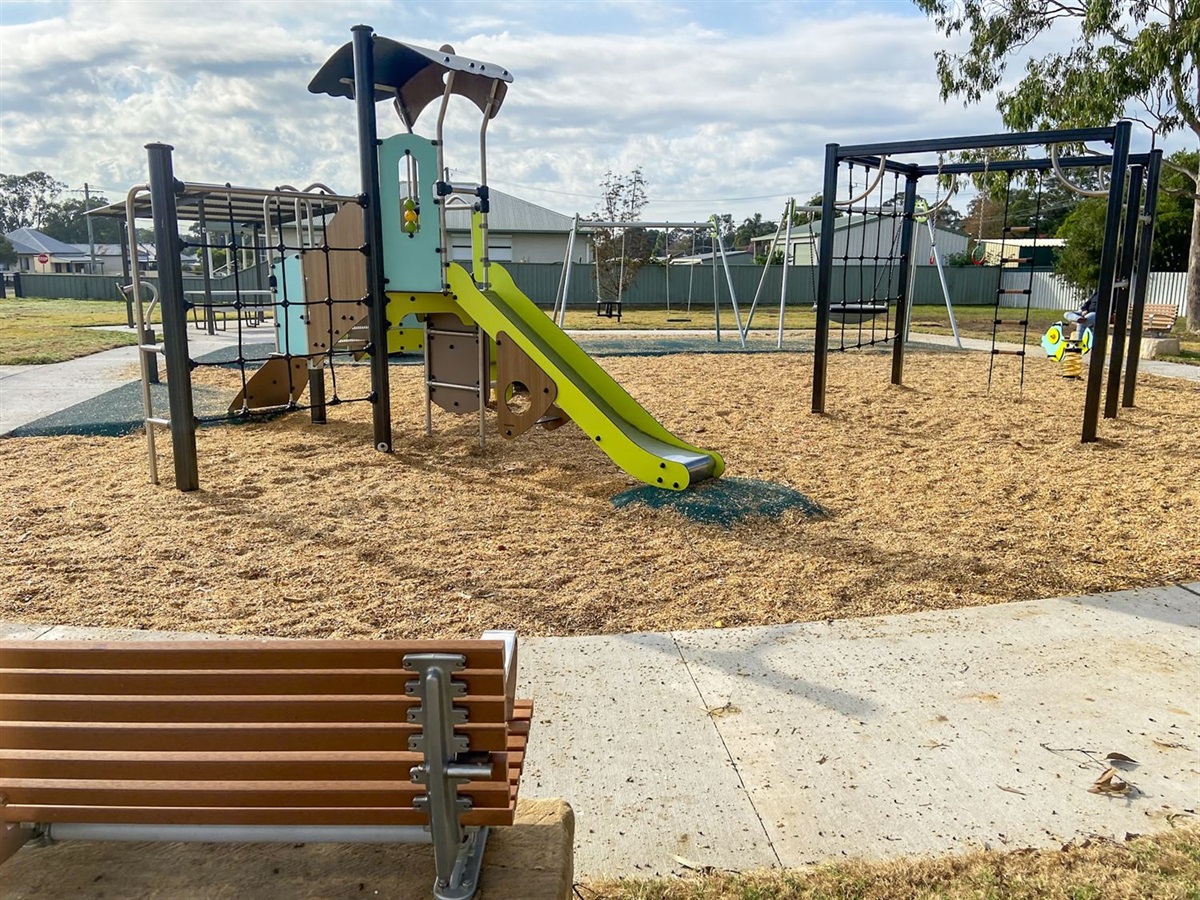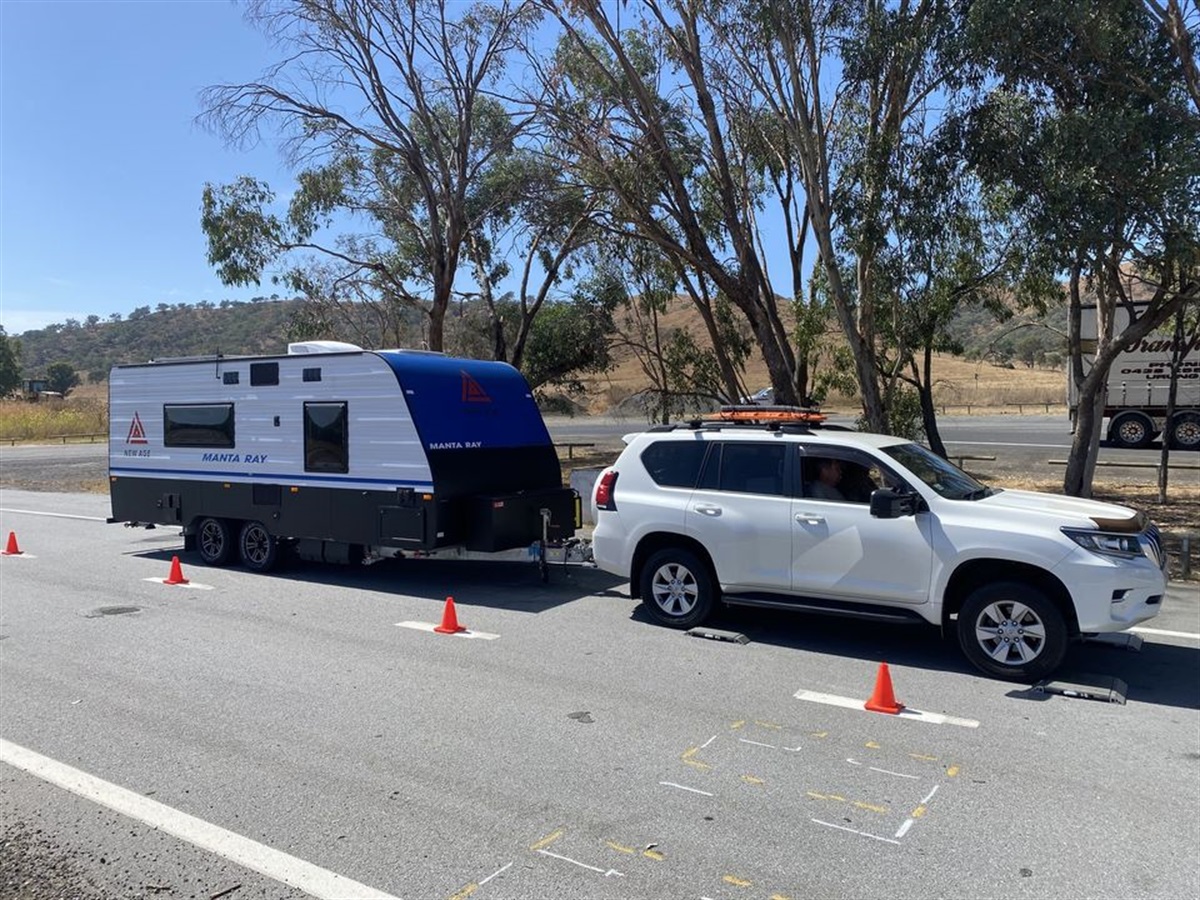The first ARC national engagement and impact assessment of university research shows how universities engage outside of academia and translate research into benefits for society.

Off the back of outstanding results in the Australian Research Council’s (ARC) 2018 Excellence in Research for Australia (ERA) analysis, UNSW Sydney has topped all Australian universities for research that makes a highly positive impact on everyday lives. UNSW also rates highly when it comes to engaging with end-users outside of academia to translate research into benefits for society.
The ARC today released its first national engagement and impact (EI) assessment of university research. The national assessment is incorporated into the ERA and shows how universities are translating their research into economic, social and environmental impacts, as well as industry and end-user engagement.
“The assessment speaks to UNSW’s commitment to outstanding and relevant research that is leading to lifesaving medical discoveries, trailblazing engineering ventures and projects investigating our most pressing social problems,” said Professor Brian Boyle, UNSW Deputy Vice-Chancellor, Enterprise. “There are vast opportunities to increase collaboration between universities, industry and other end-users of research and I am proud that UNSW is leading in this space.”
There are two key assessable components of EI 2018:
- Engagement: Research is assessed based on an engagement narrative describing engagement activities, quantitative information and an indicator explanatory statement.
- Impact: Research is assessed on the contribution that research has made to the economy, society, environment or culture beyond academia, and the ways in which universities have facilitated the translation of research into impact.
UNSW outperformed all other Australian universities for research impact with 16 cases rated as having a high impact. These 16 cases represent 70% of UNSW submissions ranging across engineering, medicine and humanities and social sciences. The national average for high impact was 40%.
The UNSW fields of research that received a high impact rating were: Chemical Science; Earth Science; Engineering; Technology; Medical and Health Sciences; Built Environment and Design; Economics; Commerce, Management, Tourism and Services; Studies in Human Society; Psychology and Cognitive Sciences; Studies in Creative Arts and Writing; Language, Communication and Culture; History and Archaeology; and Philosophy and Religious Studies.
For engagement, 59% of UNSW’s 23 cases rated high compared to 34% nationally. Fields in Science, Technology, Engineering and Maths (STEM) obtained seven high ratings (Chemical Sciences; Earth Sciences; Environmental Sciences; Biological Sciences; Information and Computing Sciences; Engineering; Technology; Medical and Health Sciences; and Medical and Health Sciences), while six fields in the humanities and social sciences achieved high engagement ratings (Built Environment; Commerce, Management, Tourism and Services; Studies In Human Society; Law and Legal Studies; Studies In Creative Arts and Writing; and Language, Communication and Culture).
“This is another excellent result in a week where the quality and impact of the work of the UNSW research community has been rightly recognised by the ARC,” said Professor Ian Jacobs, UNSW President and Vice-Chancellor. “We have independent confirmation that the quality of our research and our partnerships with industry are making a difference and improving the lives of people across Australia. It is also noteworthy that across the nation there is a strong correlation between research quality and impact – they are inextricably linked.”







